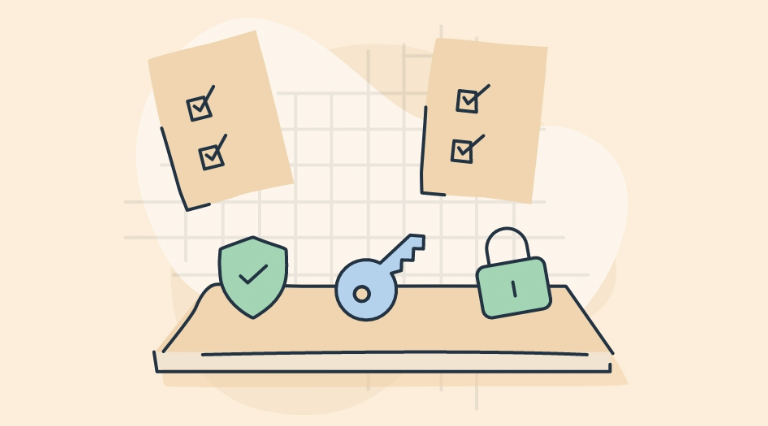How organizations should prepare for changes to data privacy laws
Data privacy can make or break the reputation of your business. Here’s what you need to know about it.

Get fresh insights, pro tips, and thought starters–only the best of posts for you.
John Blaine
Mar 29, 2022
5 min read

2021 proved to be an eventful year for data security and privacy regulation. A huge spike in cyber-attacks, record-setting ransomware payments, strengthened data privacy laws – you name it. With private data being scattered across cloud, on-site and hybrid systems, it’s no surprise that the data privacy environment is getting ruthless every year.
However, multiple laws and regulations are pushing organizations to step up and improve their data governance and compliance with data privacy regulations, in a post-COVID, work-from-home landscape.
Among this uncertainty, disruption, and excitement- all at the same time, we’ll take a look at what to expect from data privacy regulations in 2022.
No other regulation has had such a global impact as the EU Global Data Protection Regulation. GDPR’s introduction firmly established the importance of data privacy in everyone’s mind, affecting data regulations decisions beyond the European Union.
Such was GDPR’s impact, other regions followed suit:
The full extent of GDPR’s strength was put into display – in July, Luxembourg’s NCDP imposed a whopping 746 million euro fine on Amazon, the biggest GDPR fine to date. To put it into perspective, Amazon’s fine surpassed the French Commission’s 50 million euro fine against Google and the Irish Data Protection Commission’s 225 million euro fine against WhatsApp – AND it’s more that the total of ALL the other GDPR fines that have been imposed ever since the law came into effect.
So, it’s no surprise organizations are scrambling to address the data privacy regulation requirements, with leading companies deciding to pledge billions in cyber security investments.
With an ever-growing list of regulations like GDPR, CCPA, HIPPA FCRA, organizations are beginning to use these laws as a foundation to meet the data privacy requirements and strengthen their data governance. The regulations ensure organizations take a good look into their data- how they store and process the data, improving their security and the trust consumers have in them.
Ideally, organizations should focus on disclosure and best practices, else consumers see them as not trustworthy and transparent, putting them at a risk of losing their consumers.
Adopting and implementing best practices are key to ensuring data privacy and security in an organization. By following the best practices, organizations can implement the best data privacy regulation in a streamlined manner. Some of the practices include;

This resource kit will help your company adopt the right cybersecurity strategy to secure your business.
DOWNLOAD KITThe existence of privacy regulation laws has allowed people to believe that the concept of privacy still exists. IT admins also believe the regulations offer far more advantages than disadvantages.
I believe it was Pocahontas who said “ Sometimes, the right path isn’t always the easiest ”, and it can be applied here as well.
The basic privacy laws being advocated and passed won’t be able to fix everything. Given the complex nature of the data and its existence, there’s plenty more that could and should be done.
But these laws provide the basic protection against data mining, while building a foundation for more privacy regulations. Basically, these laws exist so that you can browse through a website without a company collecting data on you, more than you can realize.
In today’s environment, organizations should see data governance as a crucial element, rather than a tick-in-the box feature. Balancing regulatory requirements, following best practices to ensure data is protected no matter where it is moved should be a top priority for organizations.
How does UEM help in securing your endpoints? Try Hexnode free for 14 days to know how.
GET YOUR FREE TRIAL